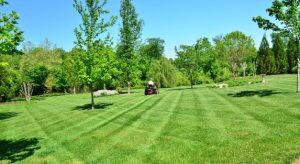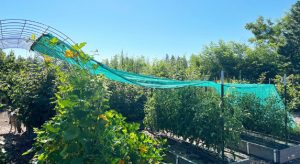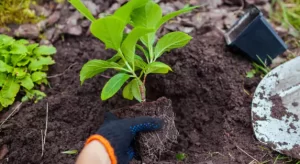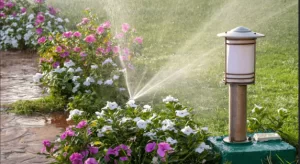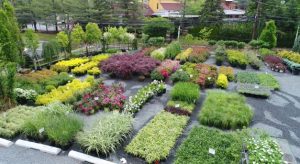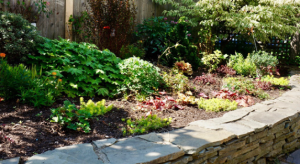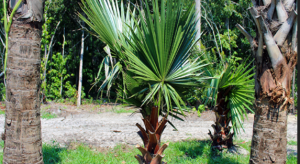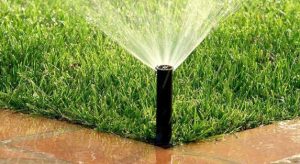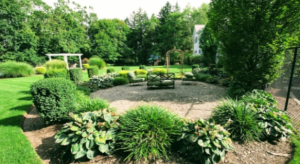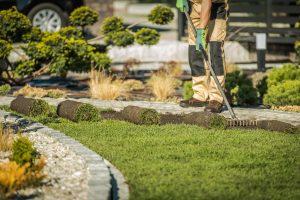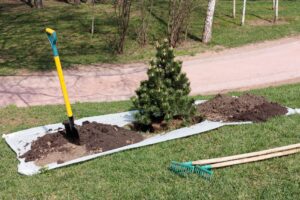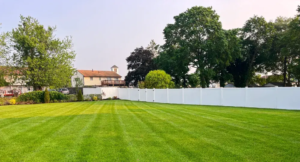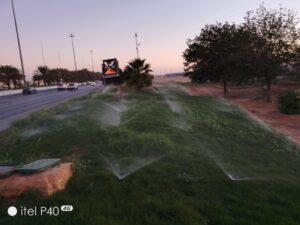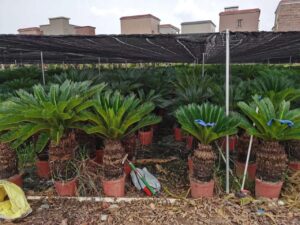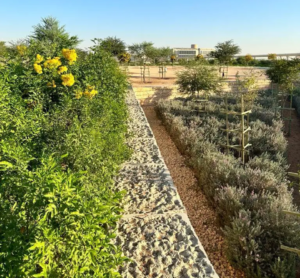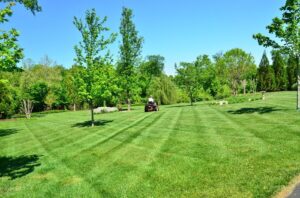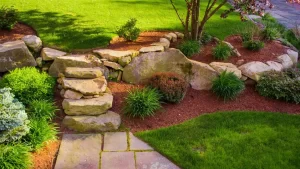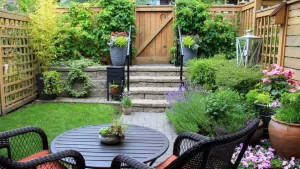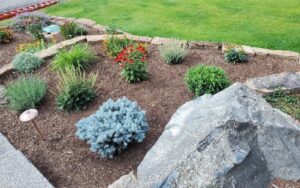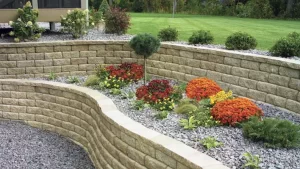Mastering Common Summer Landscape Hurdles
30 June, 2024
Introduction
Summer is a season of lush growth and vibrant colors, but it also brings a host of challenges for gardeners and landscapers. Whether you're a seasoned green thumb or a novice, "Taming the Wild: Common Summer Landscape Hurdles to Tackle" offers valuable insights to help you maintain a beautiful and healthy garden. From battling pesky weeds to conserving water during dry spells, this guide covers everything you need to know to keep your outdoor space looking its best.
The Weeds' War: Strategies for Effective Weed Control
Identifying Common Summer Weeds
The first step in winning the battle against weeds is to identify the common culprits invading your garden. Some of the most prevalent summer weeds include:
1. Dandelions
2. Crabgrass
3. Purslane
4. Bindweed
5. Thistle
Each of these weeds has unique characteristics and growth patterns, making it essential to recognize them early.
Preventative Measures: Mulching and Ground Covers
Mulching is one of the most effective ways to prevent weed growth. By covering the soil with a layer of organic material, such as bark chips or straw, you can suppress weed seeds' ability to germinate. Ground covers, like clover or creeping thyme, also offer a natural barrier against weeds while adding visual appeal to your landscape.
Mechanical and Chemical Control
For those persistent weeds that manage to break through your defenses, a combination of mechanical and chemical control methods may be necessary. Hand-pulling is an effective way to remove weeds, especially when the soil is moist. For larger infestations, consider using herbicides, but be sure to follow the manufacturer's instructions carefully to avoid damaging your plants.
Pest Patrol: Managing Insects and Other Pests
Common Summer Pests and Their Impact
Insects and other pests can wreak havoc on your garden, causing damage to plants and spreading diseases. Some common summer pests include:
1. Aphids
2. Japanese beetles
3. Spider mites
4. Caterpillars
5. Slugs and snails
Understanding the specific threats each pest poses will help you develop targeted strategies to protect your plants.
Natural Predators and Biological Control
One of the most eco-friendly ways to manage pests is to encourage natural predators to inhabit your garden. Ladybugs, lacewings, and birds are excellent allies in the fight against harmful insects. Additionally, introducing beneficial nematodes or parasitic wasps can help keep pest populations in check.
Organic and Chemical Pesticides
When natural methods aren't enough, organic and chemical pesticides can provide additional control. Neem oil, insecticidal soap, and diatomaceous earth are effective organic options. For more severe infestations, consider using chemical pesticides, but always opt for the least toxic option available and follow safety guidelines.
Water Wise: Efficient Watering Practices for Summer
Understanding Your Plants' Water Needs
Different plants have different water requirements, and understanding these needs is crucial for maintaining a healthy garden. Factors such as plant species, soil type, and weather conditions all influence how much water your plants need.
Irrigation Systems: Drip vs. Sprinkler
Choosing the right irrigation system can significantly impact water usage and plant health. Drip irrigation delivers water directly to the plant roots, reducing evaporation and runoff. Sprinkler systems, on the other hand, are better suited for large areas but can be less efficient.
Water Conservation Techniques
Incorporating water-saving practices into your gardening routine can help you conserve this precious resource. Some effective techniques include:
1. Watering early in the morning or late in the evening to minimize evaporation
2. Using rain barrels to collect and store rainwater
3. Installing a rain sensor to prevent overwatering
The Heat Is On: Protecting Plants from Extreme Temperatures
Mulching to Regulate Soil Temperature
Mulching not only helps with weed control but also plays a crucial role in regulating soil temperature. A thick layer of mulch can keep the soil cooler during hot summer days, protecting plant roots from extreme heat.
Shade Solutions for Delicate Plants
Some plants are more sensitive to high temperatures and require additional protection. Shade cloths, garden umbrellas, and strategically placed structures can provide much-needed relief for delicate plants.
Hydration and Heat Stress
Just like humans, plants can suffer from heat stress. Ensuring they receive adequate water and providing shade during the hottest parts of the day can help prevent wilting and other heat-related issues.
Soil Matters: Maintaining Soil Health in Summer
Testing and Amending Your Soil
Healthy soil is the foundation of a thriving garden. Regular soil testing can help you understand its nutrient levels and pH balance. Based on the results, you can amend your soil with compost, organic matter, or specific nutrients to create optimal growing conditions.
The Role of Organic Matter
Incorporating organic matter into your soil improves its structure, water-holding capacity, and nutrient content. Compost, aged manure, and leaf mold are excellent sources of organic matter that can enhance soil health.
Avoiding Soil Compaction
Heavy foot traffic and frequent watering can lead to soil compaction, which restricts root growth and reduces water infiltration. To prevent this, avoid walking on garden beds, use pathways, and consider aerating your soil if necessary.
FAQs
1. How often should I water my garden in the summer?
The frequency of watering depends on various factors, including the type of plants, soil, and weather conditions. Generally, it's best to water deeply and less frequently to encourage deep root growth. Aim for about 1-2 inches of water per week, adjusting as needed based on your garden's specific needs.
2. What are some natural ways to control pests?
Encouraging natural predators, using insecticidal soaps, and introducing beneficial insects are effective natural pest control methods. Additionally, practices such as crop rotation and companion planting can help deter pests.
3. How can I prevent weeds from taking over my garden?
Mulching, ground covers, and regular hand-pulling are effective ways to prevent weed growth. Additionally, applying pre-emergent herbicides can stop weed seeds from germinating.
4. Why is mulching important for summer gardening?
Mulching helps retain soil moisture, suppress weeds, and regulate soil temperature. It also adds organic matter to the soil as it decomposes, improving soil health.
5. How can I protect my plants from extreme heat?
Providing shade, mulching, and ensuring adequate hydration are key strategies for protecting plants from extreme heat. Additionally, choosing heat-tolerant plant varieties can help your garden thrive in hot conditions.
Conclusion
Taming the wild landscape of your garden during the summer months requires a combination of proactive measures and responsive care. By understanding and addressing common challenges like weed control, pest management, efficient watering, and soil health, you can create a beautiful and resilient garden. Remember, the key to success lies in observation, adaptation, and a little bit of creativity. With the tips and strategies outlined in "Taming the Wild: Common Summer Landscape Hurdles to Tackle," you'll be well-equipped to enjoy a thriving garden all summer long.
- Fountain and Waterfalls
- Gardening
- hardscape
- Irrigation system
- Landscape
- Lawn
- Nursery
- Palm Tree
- Plantation and Maintenance
- softscape
- Tree Transplanting
- Washingtonian Tree
Categories
Latest Post
- Fountain and Waterfalls
- Gardening
- hardscape
- Irrigation system
- Landscape
- Lawn
- Nursery
- Palm Tree
- Plantation and Maintenance
- softscape
- Tree Transplanting
- Washingtonian Tree





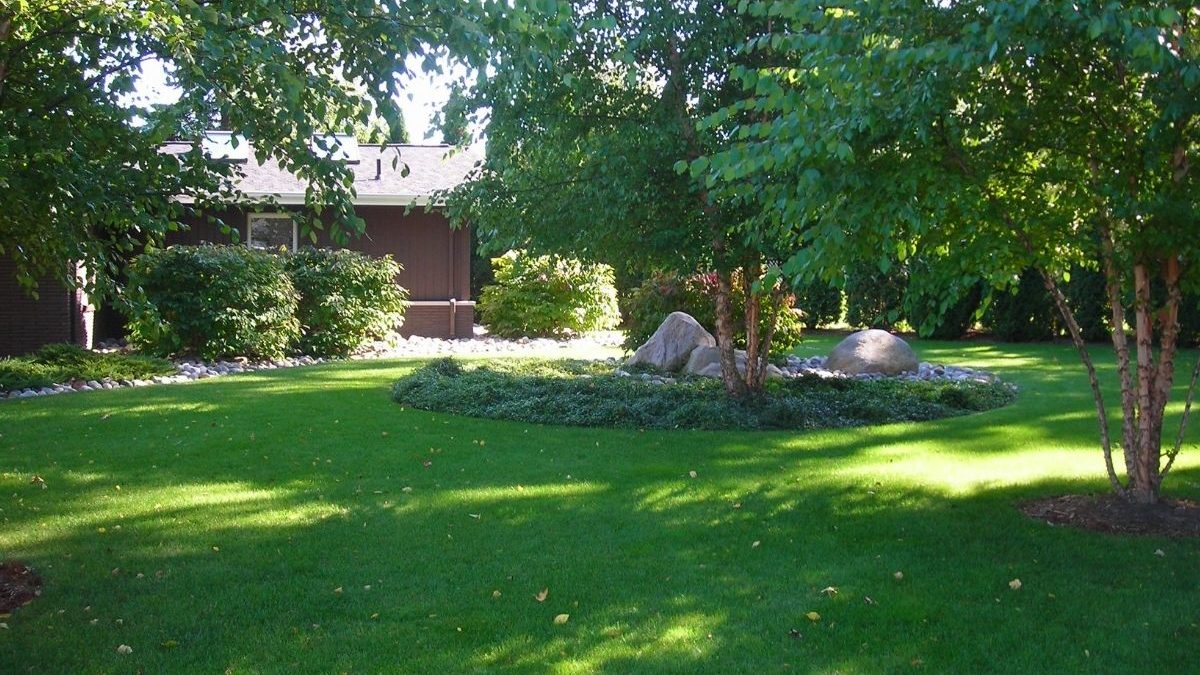

 .
.







